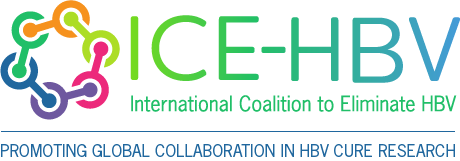Following ICE-HBV’s request to Anthony Fauci to consider strengthening HBV research programmes and subsequent discussions, we received the following statement from John J. McGowan, Ph.D., Deputy Director for Science Management at NIAID:
We at the National Institute of Allergy and Infectious Diseases (NIAID) agree that chronic hepatitis B infection remains a major problem globally. In the United States as well as in other developed and developing countries, too few are vaccinated. The result is that millions with chronic disease will require treatment to prevent end-stage liver disease, cancer and an early death. NIAID supports a broad hepatitis B research portfolio, including basic research supported through R01 and R21 grants, drug and animal model development through small business grants, and the availability of a comprehensive array of preclinical services. In addition, NIAID has a current initiative PAR-14-255 (Multidisciplinary Studies of HIV and Viral Hepatitis Co-infection) with a final receipt date in May of 2017. NIAID also has two new concepts that were approved by the NIAID Advisory Council in January 2017:
- HIV and Hepatitis B Co-Infection: Advancing HBV Functional Cure through Clinical Research – R01 and R21
- In Vitro and Animal Model Studies on HBV/HIV Co-Infection – R01 and R21
You also should be aware of the SBIR initiative launched by the National Institute of Diabetes and Digestive and Kidney Diseases (NIDDK) entitled “New Technologies for Viral Hepatitis SBIR (R43/R44)”.
(NIAID staff) will continue to work with you to address the challenges we face as a community.
ICE-HBV Governing Board will keep approaching research institutes and foundations to request a scaling-up of HBV research programmes worldwide.
